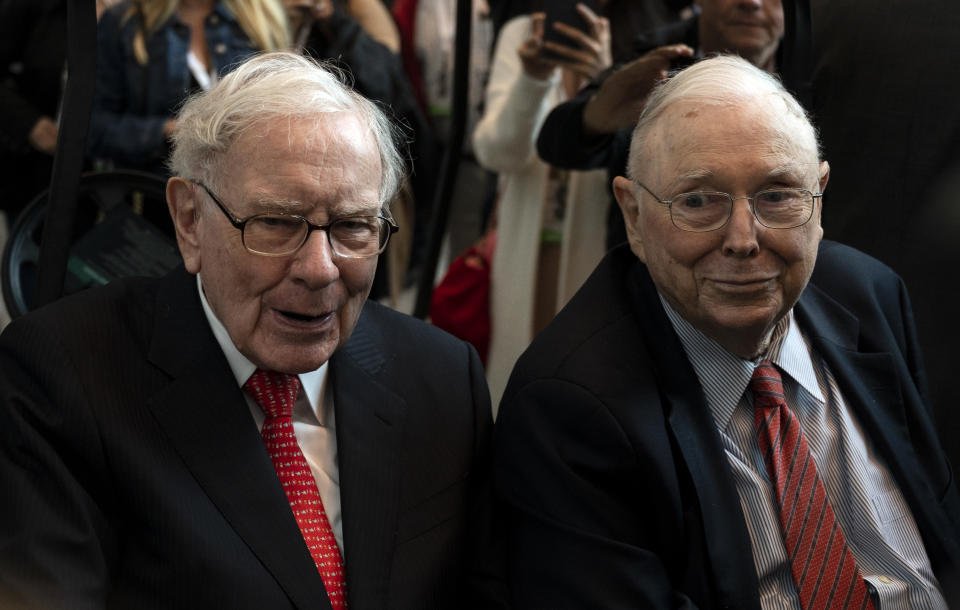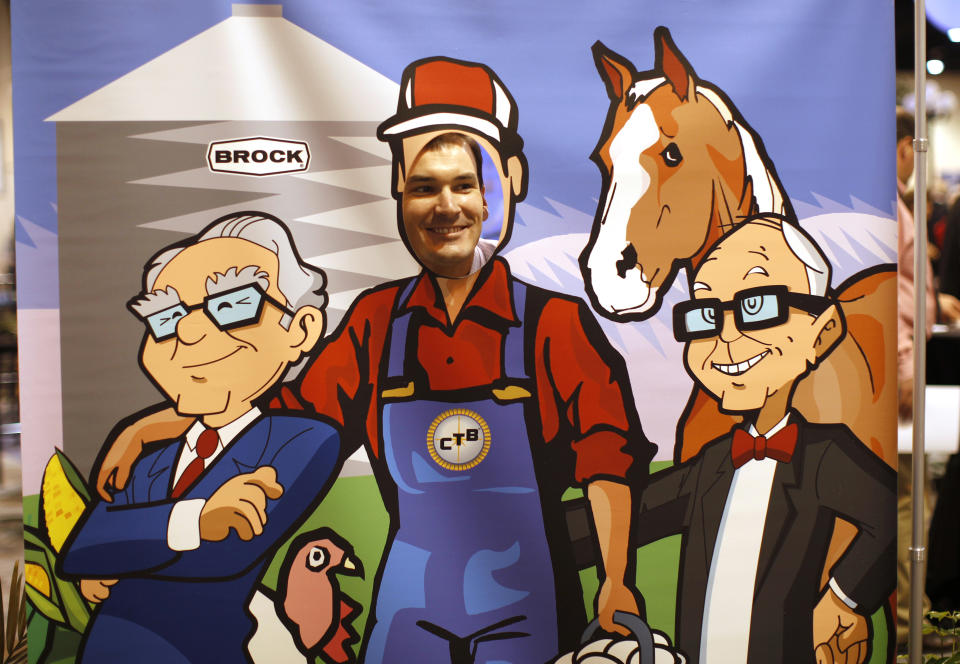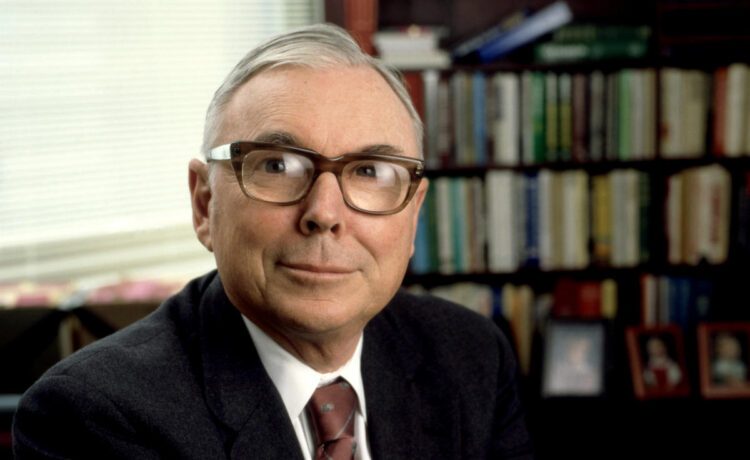Charlie Munger, Warren Buffett’s close friend and the longtime vice chairman of Berkshire Hathaway (BRK-A, BRK-B), died on Nov. 28 — six days before the new fifth edition of “Poor Charlie’s Almanack: The Essential Wit & Wisdom of Charles T. Munger” was published by Stripe Press.
The publisher increased the press run as demand for the book soared, at least in part because it was mentioned in laudatory obituaries. (Stripe wouldn’t say how many books it added nor or the total number published.)
But if you’re thinking about joining the pack and shelling out $30 for “Poor Charlie’s Almanack,” you need to have realistic expectations.
Even though Munger was a fabulously successful investor, you won’t get specific investment advice from this book, an earlier version of which sold, for instance, a million copies in both India and China. It doesn’t provide any tips about which securities to buy or avoid, or how to become a billionaire like Munger was or a mega-billionaire like Buffett is.
The book consists mainly of speeches that Munger gave from 1986 through 2007, and gives you insights into how Munger, who died at the age of 99, looked at the world.
One example: “Smart, hard-working people aren’t exempted from professional disasters from overconfidence. Often, they just go aground in the more difficult voyages they choose, relying on their self-appraisals that they have superior talents and methods.” And this: “Old people like me get pretty skilled, without working at it, at disguising age-related deterioration because social convention, like clothing, hides much decline.”


The book, in general, has the feel of a fan project rather than something from your normal, conventional publisher. I think that’s because Stripe Press is a subsidiary of the Stripe Inc. payment company and Stripe co-founder John Collison is a huge admirer of both Munger and earlier versions of his book.
In his two-page foreword, the first item in this new edition, Collison, 33, said he found the “Poor Charlie’s Almanack” edition he read in his 20s “to be a refreshing rebuttal of conventional financial wisdom.”
And, he added, “One can’t help but read a line like ‘Without numerical fluency … you are like a one-legged man in an ass-kicking contest’ and come away not only chuckling but also a little bit wiser.”
In addition to leading off the book with his foreword, Collison also did an interview running close to two hours with Munger. The interview, which took place in September 2022, was part of the planned promotion of Poor Charlie’s Almanack, and was released after Munger died. I wanted to discuss the book and Collison’s motivation for publishing it with him, but Stripe said he was too busy to talk with me.
The structure of the book, meanwhile, is unconventional, to say the least. It opens with Collison’s introduction, then has a foreword from Buffett and a rebuttal from Munger.
Buffett teases Munger for being a cheapskate: “The members of Charlie’s family learned the joys of extended bus trips while their wealthy friends, imprisoned in private jets, missed these enriching opportunities.”
Munger, not rising to the bait, says, “I think there’s some mythology in the idea that I’ve been this great enlightener of Warren. He hasn’t needed much enlightenment.” (These forewords are clearly from the original 2005 version of the book because Munger talks about Buffett, who’s now 93, being in his 70s.)
Then there are eight brief essays about Munger contributed by his children. His daughter, Molly Munger, writes, “When I went to college in 1966, I was very lucky to have been thoroughly steeped in Daddy’s influence. In an angry and radical era, I would buy The Wall Street Journal or Fortune at the subway kiosk just outside the college gates, tuck it under my Oxford-cloth arm, and stride off to economics and business classes.”


The guts of the book are 10 Munger speeches, plus an 11th entry, consisting of what the book calls “selections from three of Charlie’s talks, combined into one talk never made.”
Because Stripe Press seems to be treating this book as a public service as much as a commercial venture, Stripe lets you read the book online without having to pay for it.
Stripe said it’s making the book available for free because both Munger and the book’s editor, Peter Kaufman, who also declined to talk to me, wanted to reach the widest possible audience, especially young people. A very classy move.
And in case you’re wondering, the higher-than-projected sales of “Poor Charlie’s Almanack” won’t deliver any royalty money to Munger’s family or his estate. That’s because he donated the royalties from this version and the four previous versions to the Munger Research Center at the Huntington Library in San Marino, Calif., to which he and his late wife were major donors.
My suggestion is to sample the book online. That way, you can decide if you want to shell out money to buy it, as I did, or whether you’re happy to read it in bits and pieces on the web. The bottom line: Even though you won’t become rich reading this book, you’ll get to enjoy learning about Munger, one of the most interesting people I’ve ever met. Or ever expect to meet.
Allan Sloan, who has written about business for more than 50 years, is a seven-time winner of the Gerald Loeb Award, business journalism’s highest honor. He’s won Loebs in four different categories over four different decades.
















